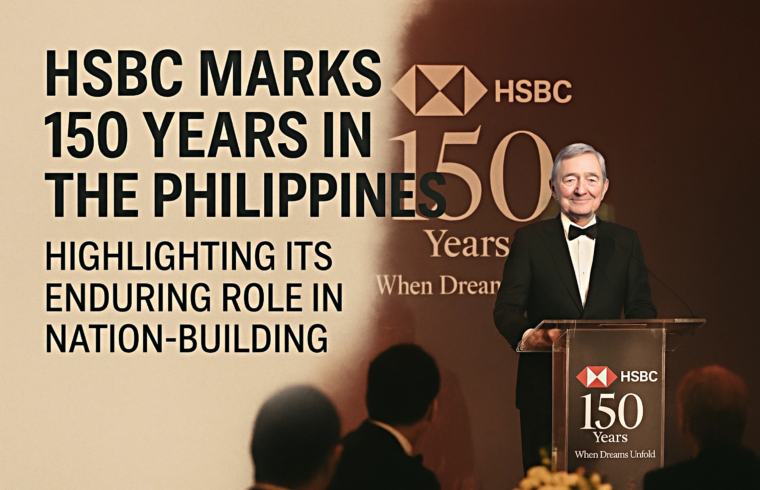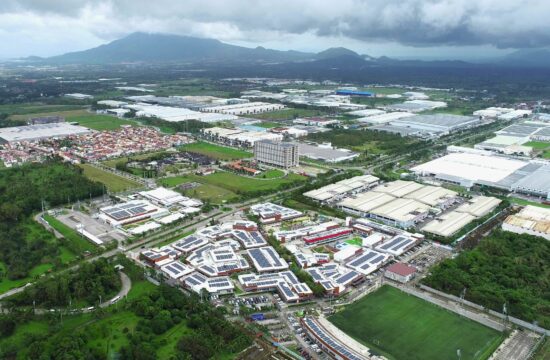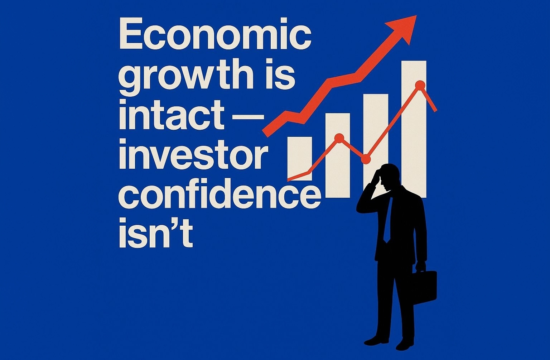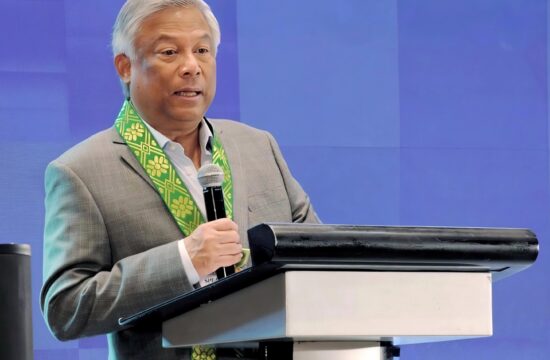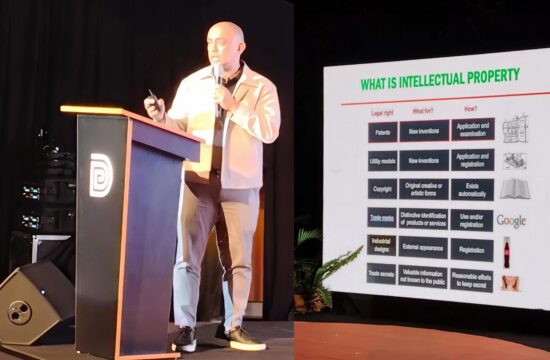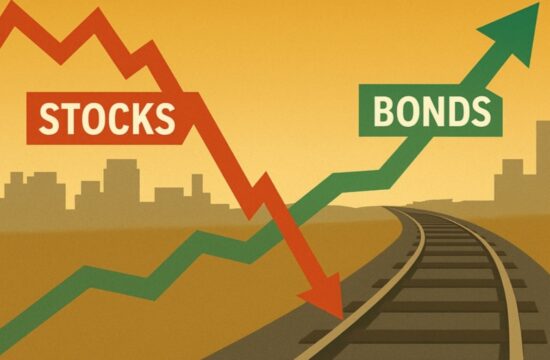HSBC’s first steps in the Philippines began in 1875, a decade after its founding in Hong Kong. What followed was a partnership that helped shape the country’s early industries and continues to influence its modern financial landscape.
The Hong Kong and Shanghai Banking Corporation (HSBC) arrived in Binondo at a time when Manila was emerging as a vibrant trading hub. HSBC focused on financing sugar and other major exports, eventually supporting the construction of the Philippines’ first sugar and rice mills.
By 1883, it was already helping build national infrastructure, contributing to the Manila–Dagupan Railway and later backing its 150-mile extension in 1906.
After Manila’s liberation in 1945, HSBC played a quiet but vital role in the country’s recovery by reopening its branch and restoring its depositors’ funds in full—an act that helped rebuild trust in a devastated financial system.
Through the decades, the bank grew with the country. By the 1980s, it had expanded to key cities, including Cebu and Davao, and in recent years, it has invested heavily in digital transformation to serve a new generation of clients. Its Global Service Centre—now staffed by more than 5,000 professionals—delivers financial and operational services to markets around the world, a testament to the skill and global competitiveness of Filipino talent.
This long relationship formed the backdrop of HSBC’s 150th anniversary celebration in the Philippines, held on November 18 at Shangri-La The Fort, Bonifacio Global City (BGC) in Taguig. The gala, themed “When Dreams Unfold,” gathered industry leaders, diplomats, and partners from both the public and private sectors to honor a legacy built on trade, innovation, and shared economic aspirations. President Ferdinand Marcos Jr. attended the celebration, underscoring the bank’s role in the country’s development.
In his remarks, HSBC Holdings plc group chairman Brendan Nelson reflected on how deeply intertwined the bank’s story is with the Philippines’. “Our history in the Philippines closely mirrors that of HSBC itself,” he said, recalling the bank’s founding purpose in 1865. “An objective that is as relevant and significant today as it was then to establish a bank that would facilitate local and international trade, connecting east and west and many many places in between.”
Nelson spoke of HSBC’s early contributions—from financing the first railway to supporting post-war recovery—and emphasized that the institution’s commitment remains unchanged. “Today, HSBC is the leading international bank in the country… We are one of the longest serving global banks in the Philippines and we are determined to continue growing.”
Pres. Marcos, in his speech, highlighted the significance of the bank’s confidence in the country. “When HSBC opened its first branch in Binondo in 1875, it placed its confidence not in what the Philippines already was, but in what it could become,” he said. He cited the bank’s support for government programs, investment briefings, and major bond issuances, including the SEC-registered $3.3-billion dual-currency global bond offering, noting how such efforts allow essential national projects to move forward.
“As HSBC carries forward a legacy over a century old, we believe that you will always keep the Filipino at the center of your mission,” Marcos added, calling for continued partnership in building a more inclusive and progressive economy.
The evening at BGC was both a celebration and a reaffirmation—an acknowledgment that for 150 years, HSBC has stood not only as a financial institution but as a partner in nation-building. From the railways of the 19th century to the digital pipelines of today, the bank’s presence has left an imprint on Philippine growth, industry, and global connectivity.
As HSBC begins its next chapter, its story in the Philippines remains rooted in the same belief that brought it to Manila in November 29, 1875: that the country’s potential is vast, its people are its greatest strength, and its future is worth investing in.
Follow PHILIPPINES TODAY on Facebook and Instagram, and subscribe on YouTube for the latest updates.

